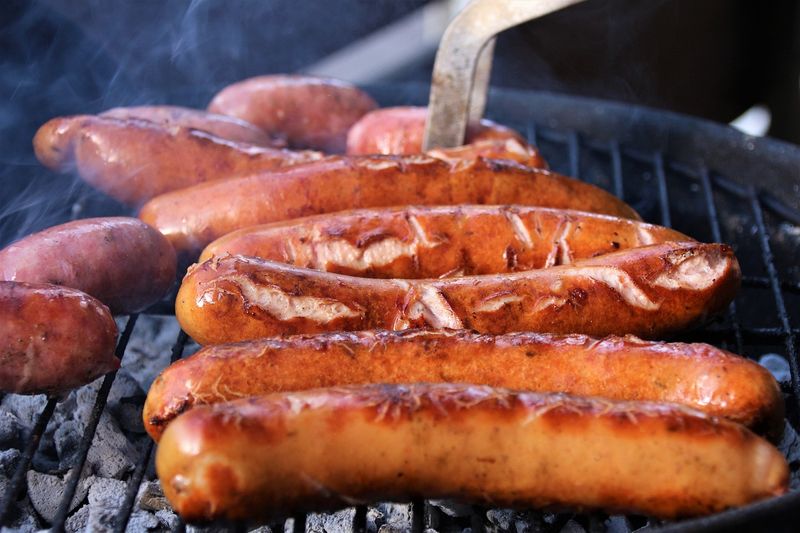
UK Lifts Ban on German Meat and Dairy Imports
The UK now allows meat and dairy imports from most of Germany after international authorities confirmed the country has contained its foot-and-mouth outbreak to a limited area.
The UK government has officially eased restrictions on importing meat and dairy products from Germany. This move comes after Germany was declared free of foot-and-mouth disease (FMD) in most of its territory, following a recent outbreak that had triggered trade bans across several countries.
Here’s a breakdown of what happened, what it means, and what’s still off-limits.
What’s the Background?
Back in January, Germany reported its first case of foot-and-mouth disease since 1988. The virus was found in water buffalo near Berlin, prompting swift action by authorities. As a precaution, the UK and several other countries immediately banned meat, dairy, and other animal products from Germany.
To stop the disease from spreading, Germany set up a containment zone around the affected area and began working with international animal health experts to bring the outbreak under control.
What’s Changed Now?
After weeks of containment and monitoring, the World Organisation for Animal Health (WOAH) restored Germany’s FMD-free status—except for the small area directly affected by the outbreak. On March 24, the UK responded by lifting most of its import ban.
In short:
The UK will now allow imports of meat and dairy products from Germany, as long as they come from areas outside the outbreak zone.
That outbreak zone is limited to a 6km radius in Brandenburg, near Berlin.
What’s Still Not Allowed?
Not everything is back to normal just yet. According to the UK’s Department for Environment, Food and Rural Affairs (Defra), some restrictions remain in place:
Personal imports of meat and dairy products from Germany are still banned. This includes both packaged and unpackaged items.
Certain mixed products and animal by-products from pigs and other livestock are still restricted.
These measures are meant to reduce any lingering risk while the situation continues to be monitored.
What About Other Countries?
China and Malaysia have already reopened their markets to German dairy products. However, Ireland and South Korea have not yet announced any similar changes. Meanwhile, new FMD cases have recently been reported in Hungary and Slovakia, which has led the UK to impose fresh bans on those countries as well.
Why This Matters
This decision has important implications for trade, businesses, and consumers.
For businesses and producers, it means that exports from most of Germany can now resume, helping restore normal trade flows. For UK consumers, German products like cheese, sausages, and other deli items could soon reappear on store shelves.
Germany’s agriculture minister called the FMD-free status a positive signal for global trade, expressing confidence that markets will return to normal soon.
Source:
